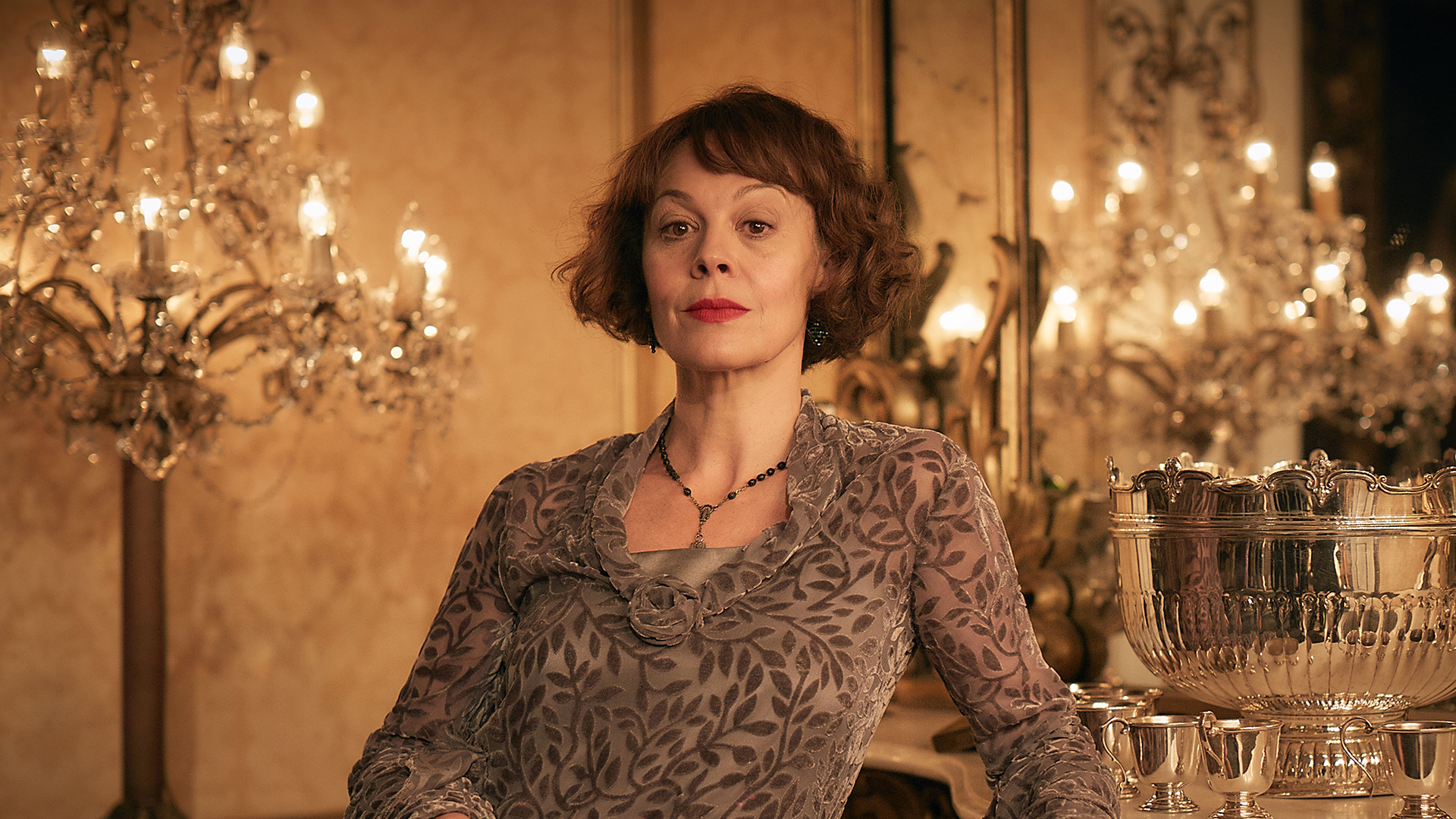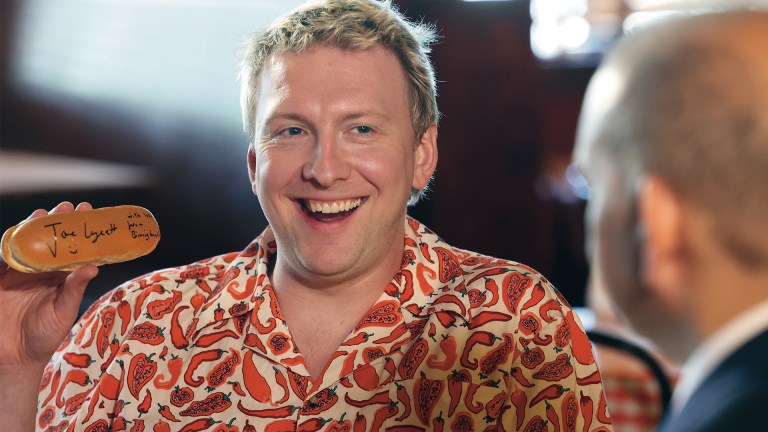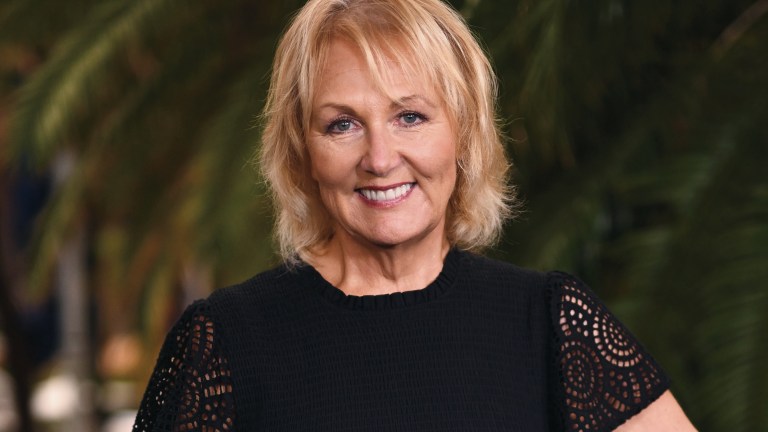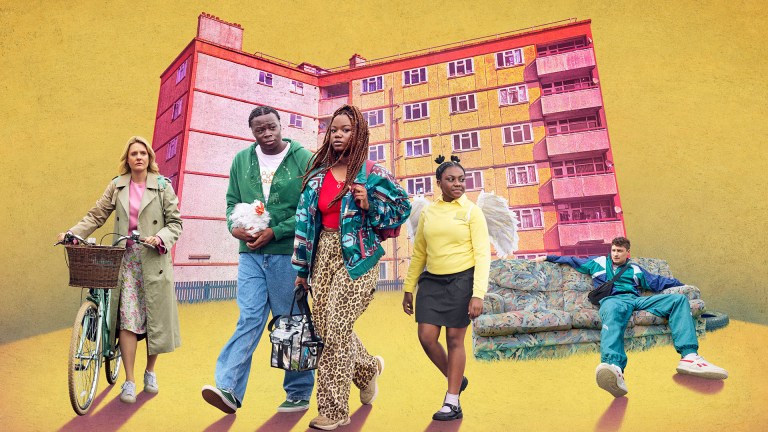How much have you enjoyed creating season two?
Polly’s story this year is much, much more interesting. I don’t know if Steven [Knight, writer] made a conscious effort or it’s just what he found the most interesting from the last series, but the women’s parts on the whole [are more interesting]. I think you have to establish that the world of the Shelbys is a man’s world, but once you’ve got that up and running, then you can start to look at the women’s world, which were much more delineated than they are now, so they are completely different characters and completely different sets and settings. I’ve had a fantastic time this year, he’s written me one of my best parts I’ve ever played.
It even passes the Bechdel test. Does it offer a more interesting perspective of women in period dramas?
If you actually look at the working class, the working class women ran the homes, those women worked hard, they were the heartbeat of the society, knowing where the kids are, running it all, making sure that the drunk man in the pub was picked up by somebody else’s husband and brought home, and knowing what’s happening on the streets, because you have to, because no one else is helping you. So yes, just by setting it in working-class Britain, which was 95% of the rest of the country, yeah it does.
Anti-heroes (and anti-heroines) are at the centre of the story. Is it tricky to make such a conflicted character likeable?
In this case these are not people who, to a large extent, had an alternative. I mean Polly presumably left school at 11, literate – we know that she’s the financial advisor so we know that she has numeracy. But if you are excluded and you feel, particularly like the men who came back from the First World War – that there is no God, and you lose faith in your government because they’ve sent you to war, and you’ve had officers send you over the edge safely from a long way away – what that does to the psyche of the men who are coming back to the women that were left there?










